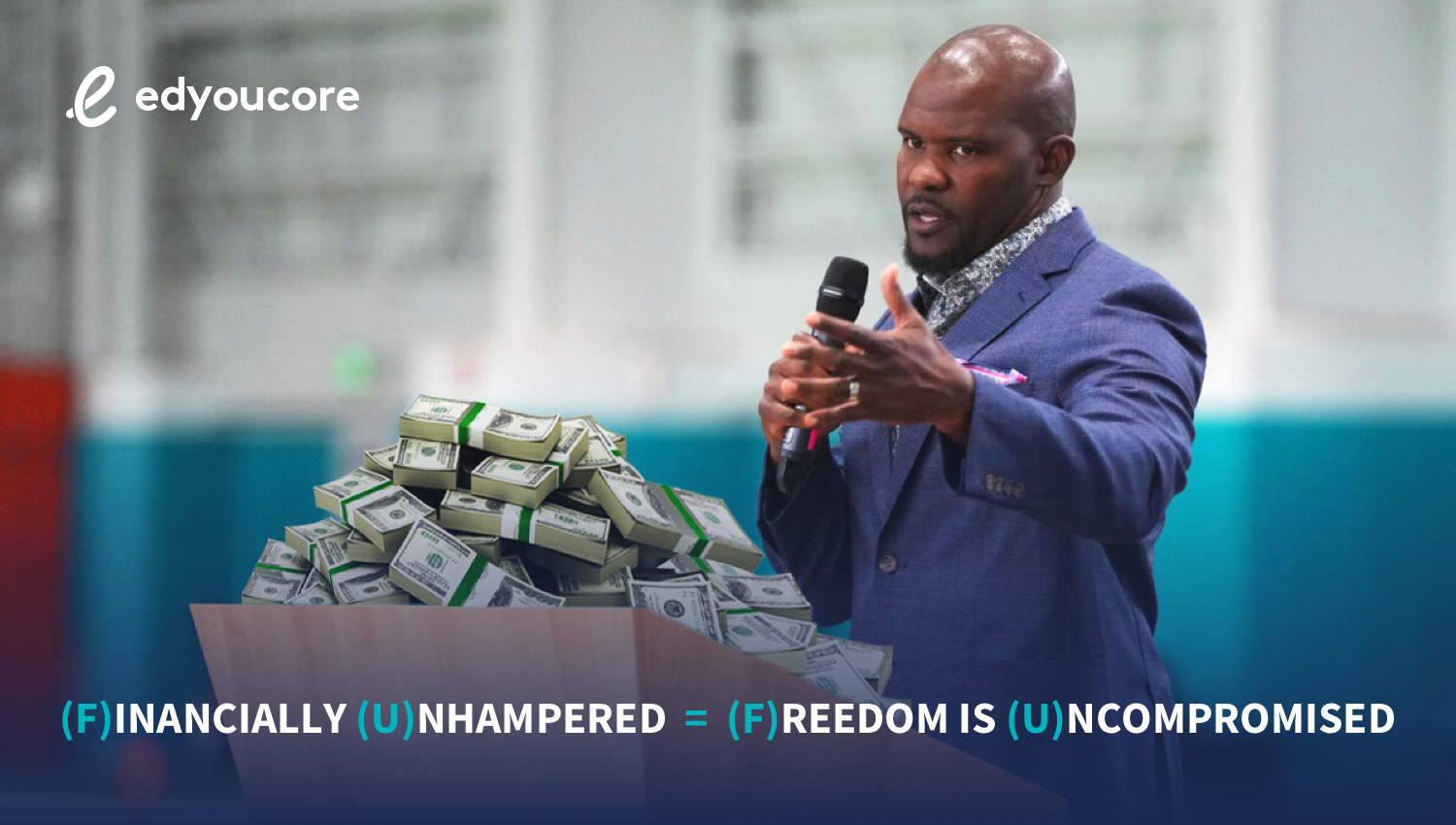Scams and Schemes: 3 Athletes Who Learned the Pitfalls of Having Money
October 6, 2021
Athletes who enter the pros are likely thinking about the success ahead and the potential for money that can be made but athletic careers rarely go as smoothly as one might hope.
Too often, stories of the many ways athletes have been scammed out of hundreds of thousands, if not millions of dollars, grab the headlines and tarnish the career and reputation of our favorite athletes. That’s why it’s important to be aware of schemes and fraud that has occurred in the past so that today’s athletes can learn from the unfortunate mistakes of past athletes.
Here are just three athletes who found out the hard way that athletes are prime targets for scammers, schemes and more.
John Elway, former NFL QB

Hall of Fame Broncos QB John Elway knows how to make quick decisions. Both as a legendary quarterback and EVP for Football Operations in Denver, Elway has found a successful career path even after winning two Super Bowls.
But despite his ability to see the field and know where to put the ball, Elway is in fact capable of making a bad decision.
In 2010, a Colorado hedge-fund manager admitted to bilking $71 million from investors in what had been uncovered to be a ponzi scheme. Promising unrealistic returns, Mueller Capital Management created bogus monthly reports and brokerage statements for over 10 years. Meanwhile, scheme manager Sean Mueller was funding a lavish lifestyle, living in multimillion-dollar homes with high-end cars and country club memberships.
When regulators eventually froze Mueller’s account, they found the capital manager had only $9.5 million in assets with $45 million in liabilities.
Elway would end up losing over $15 million in the scam.
Brian Simmons, NFL

It’s not every day you’re conned out of $100k but that’s what happened to former NFL player Brian Simmons.
The 1998 first-round draft pick for the Bengals unfortunately fell for a scheme devised by, surprisingly, a former Illinois teacher, Linda Frykolm. Frykolm convinced Simmons and more than 200 others to invest between $5,000 and $10,000 for a “Third World loan program” called United Nation Trade Honduras Project.
Frykolm even added some exclusivity to her investment pitch, pitching to potential investors by invitation only. She was eventually sentenced to 12 years in prison for fraud but Simmons is probably still wishing he hadn’t made that investment.
Torii Hunter, MLB

Tigers center fielder Torii Hunter was at the height of his career in 2005 when he spotted what he thought was a once-in-a-lifetime opportunity.
Investing over $70k in an invention that served as a floatation device during floods, not for people but for furniture. That’s right, according to Sports Illustrated, the pitch, “when high-rainfall areas were flooded, consumers could pump up the device, allowing a sofa to float and remain dry.”
When the scammer came back asking for an additional $500k, Hunter had wised up and said no.
Sadly, it’s all too common that athletes are taken advantage of by imposters and even those close to them. It doesn’t matter if it’s tens of thousands or millions — when money is scammed it stings. Protecting your interests by surrounding yourself with the right financial team is as critical an exercise as the routines that keep an athlete in peak performance? Who is vetting business opportunities? Who is your pitbull? It can be difficult to find the right experts but Edyoucore can help. Contact us today to get started.


